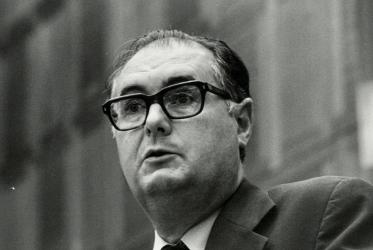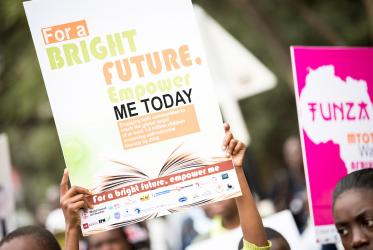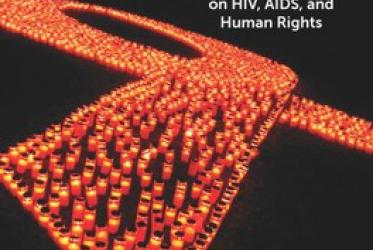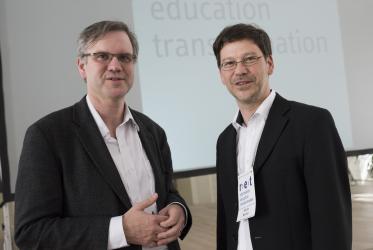Displaying 1 - 14 of 14
20 April 2023
Turning mercy and compassion into action
04 March 2019
"We have our work cut out for us"
10 August 2017
WCC book featured in UN discussion on gender, religions and health
16 September 2016








